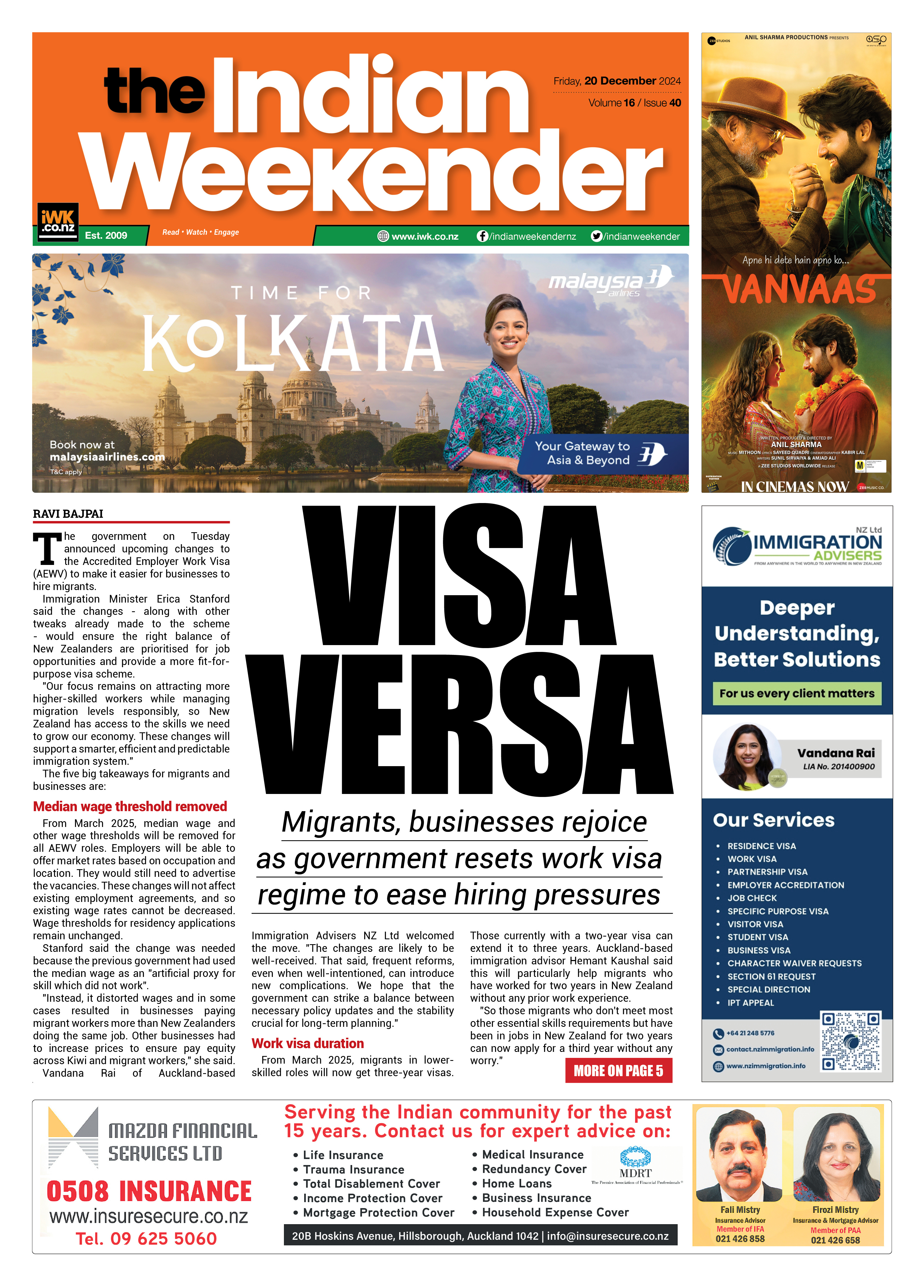Asian New Zealanders face 'challenges' in accessing health services - Doctors

Experts are concerned New Zealand's second largest and fastest growing ethnic group is falling through the cracks of the health system.
Asian Kiwis have the lowest cervical and breast screening rates and are falling behind in engagement with primary healthcare.
According to the National Cervical Screening data, screening rates for Asian women averaged 61 percent over the past 15 years - the lowest among all major ethnic groups and far below the national target of 80 percent.
Data from the Public Health Association (PHANZ) shows breast screening rates in 2020 for Asian women was 58 percent, compared to 73 percent for European, 66 percent for Maori and 74 percent for Pacific women.
PHANZ data shows as of July 2022, Asian New Zealanders' enrolment with GPs is 84 percent, one percent higher than Maori.
East Auckland GP Dr Carlos Lam said Asians have been neglected by the health system for a long time.
"The perception of Asian people being well off and not having any health issues really needs to change," he said.
Dr Lam said there is a lack of culturally and linguistically appropriate resources to help Asian Kiwis access health services.
He said many Asian migrants come from countries with no primary health system, and would have challenges engaging with health services in New Zealand.
East Auckland resident Linda Liu moved to Auckland 14 years ago, but has only been alerted to get smear tests around her pregnancies.
For the eight years between her second and third child, the 42-year-old did not have a smear.
"I thought only people giving birth will be called to take the test. When I first came to New Zealand, no one told me this."
Liu said there is little awareness of the need for regular smears among her friends, and that she would have liked to receive more information.
Health researcher and paediatrician Dr Renee Liang is calling for more research and funding into the diverse health needs among the Asian community.
"Some of the research questions being asked in these broad surveys of New Zealand health, important as they are, may not adequately capture the experience of the various Asian communities.
"And historically, Asian health research has been underfunded, therefore that's followed through into no policy, because there's no information to inform the policy."
Dr Liang said advocates have been sounding the alarm on the lack of an Asian health policy for decades.
Dr Lifeng Zhou from PHANZ is calling for a national Asian health policy to be created under the new Te Whatu Ora Health New Zealand structure.
Dr Zhou said the low rates for sexual health screening and primary health enrolment for Asian Kiwis are worrying and need to be addressed in the current health reforms.
He said the lack of a national policy has led to Asian data not being included in health reporting, and in turn led to a lack of understanding of unmet health needs of the diverse group.
Dr Zhou said he also wants to see Asian representation in national and regional leadership within Te Whatu Ora.
Currently, no Asians have been appointed to Health New Zealand's 51 leadership positions across the country.




